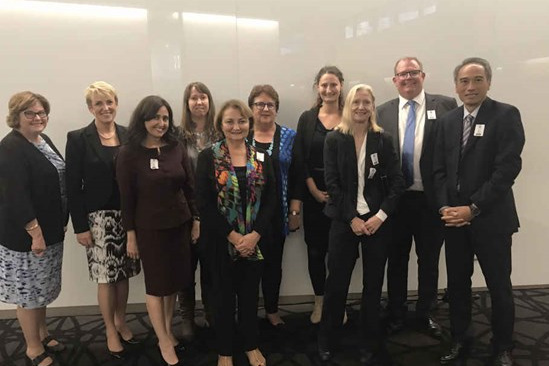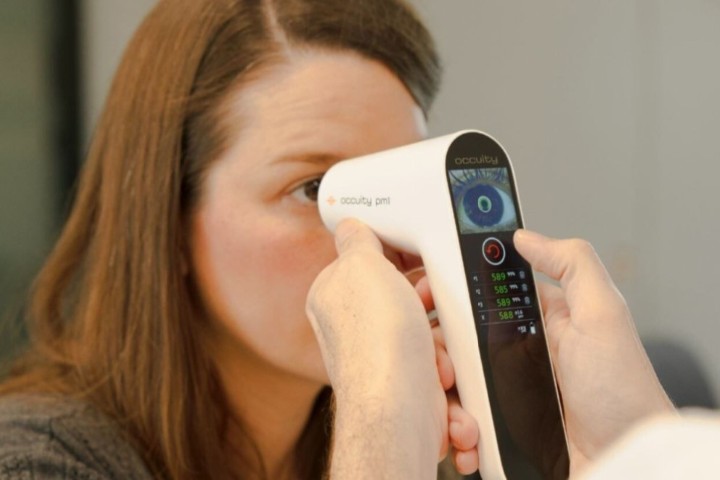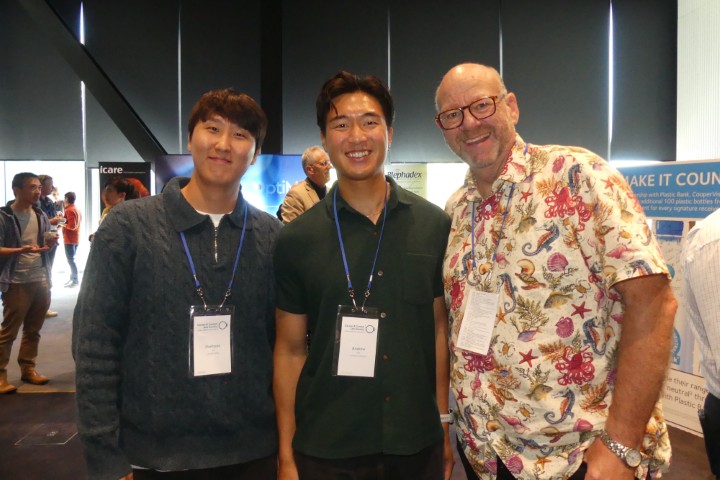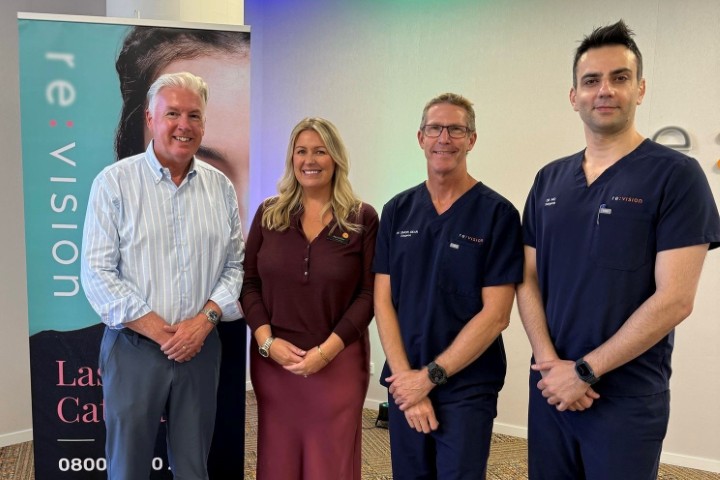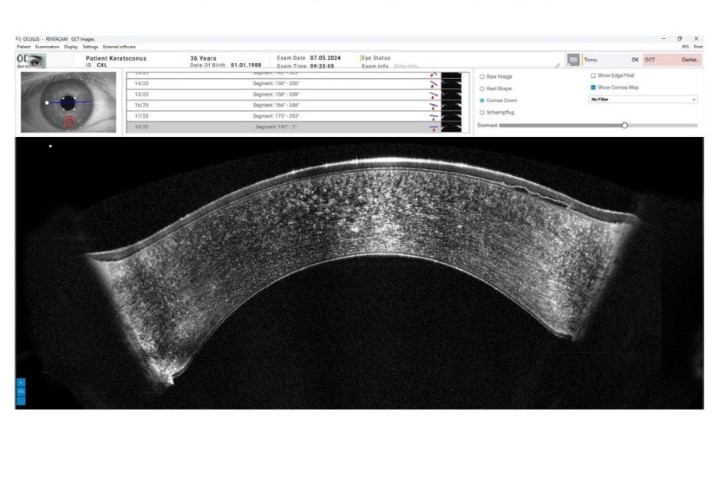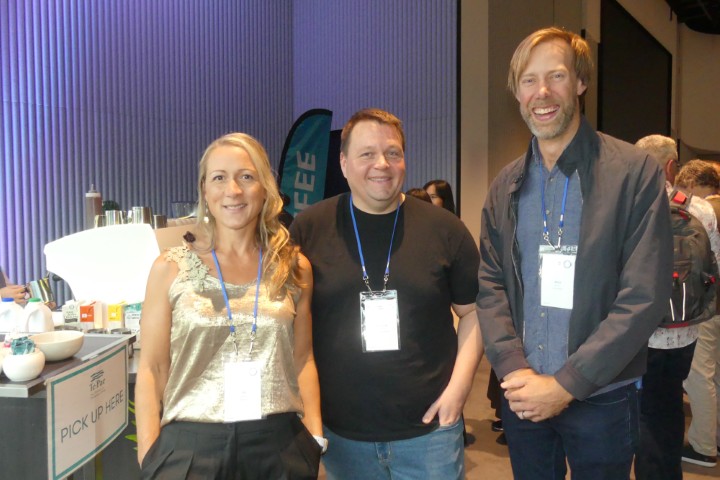Coalition gains traction
The Eye Health Coalition met with a cross-party group of MPs to help push ahead with its mission to vastly improve access to good quality eye care for all New Zealanders.
Darren Ward, the coalition’s independent facilitator, said the group had put aside professional and organisational issues to focus on the patients, outcomes and objectives, to more effectively address and promote better service provision in the sector. “Rather than talk about problems, we talk about solutions. The thinking in the group is now ‘we can do that together because we think the same thing’.”
The coalition was formed nearly two years ago from a growing sense of frustration about the lack of progress in eye health and fragmentation in the sector that was holding back access to services. It’s comprised of representatives from each of the different eye health sectors, including optometry, ophthalmology, academia and eye health service providers, and was recently expanded to include the patient voice by involving Glaucoma New Zealand (GNZ) and Macular Degeneration New Zealand (MDNZ). It has three key goals to improve access to quality eye care:
- Developing an understanding and perception of eye health across public and political sectors within New Zealand
- Committing to research to underpin an evidence-based approach to address eye health initiatives
- Developing a continuum of eye care in the New Zealand market to ensure there is a clear understanding of the pathway the public should follow as they progress through the system
It has also established a new cross-party group of politicians called the Parliamentary Friends of Eye Health (PFEH), co-chaired by the Health Select Committee chair, Essilor Vision Foundation champion and Labour MP Louisa Wall and National MP, Simon O’Connor. When it was launched, the Friends of Eye Health group got the biggest sign-up by MPs to any “friends” groups, said Ward.
The PFEH holds two events at parliament each year and communicates with politicians in between, providing opportunities for the sector to talk to relevant MPs and facilitate communication between the government and individual organisations who represent the coalition.
At the most recent meeting in March, the coalition highlighted where some of the gaps and challenges lay in providing quality eye care in New Zealand. Overall, the continuum model has been developed to provide a pathway to follow if a patient turns up at their GP’s or optometrist’s practice and says, “I can’t see that well, what should I do?” said Ward. “It turns out it is quite a complicated pathway and there are gaps in it.”
The coalition’s aim is to agree on and present a set of clear recommendations about how that pathway can be simplified and how different parts of the sector can work together to address the challenges patients have moving from one area to the next. To help inform its thinking and ensure it is evidence-based, the coalition is currently conducting two pieces of research.
The first, led by Dr Stephen Ng, involves a well-populated dataset from a University of Auckland study on the eye health of Maori with diabetes. This research should provide some proper data on eye health issues in this population and the hurdles these patients face in addressing their eye health needs, and could be indicative of issues across a broader, lower socio-economic population in New Zealand, explained Ward.
The second piece of research is being conducted by Auckland University’s School of Optometry and Vision Science and focuses on the distribution of eye health services in New Zealand.
As well as these two studies, the coalition has undertaken a further initiative to provide input into the review of the New Zealand Health Survey to try to ensure eye health-related data is being captured on a regular basis, with a view to improving government health policy nationally.
“The exciting thing is we’ve got this group sitting down and talking, but more than that, doing stuff to actually inform the debate in New Zealand and that’s changing the nature of the discussions that organisations can have with government,” said Ward, adding these discussions are finally beginning to shift thinking around some of the issues and, most importantly, the funding.










